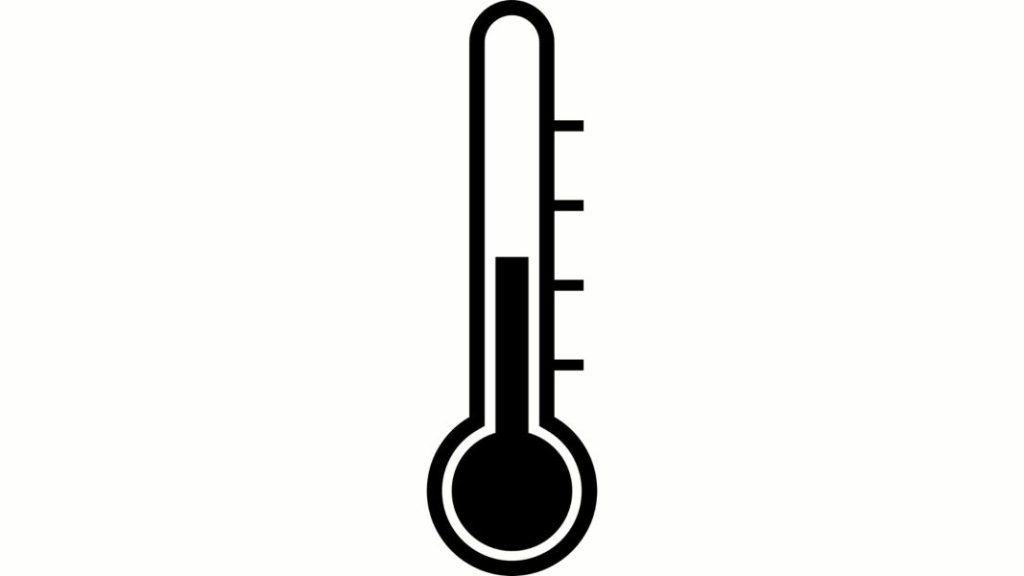Home heating is a critical aspect of maintaining a comfortable living environment, especially in colder climates. Selecting the appropriate heating source can influence the comfort of your home and, most importantly, your energy bills and the environment.
With numerous options available today, including traditional furnaces, electric heaters, and innovative systems like heat pumps, understand the pros and cons of each to make an informed choice. Keep reading for more!

The Importance of Installation and Maintenance
Once you’ve chosen a heating source, proper installation ensures optimal performance and efficiency. A poorly installed system can lead to reduced effectiveness and higher operational costs. It’s best to hire air source heat pump installers in Hampshire—if you are from the area—who understand local regulations and can provide comprehensive support throughout the installation process. After installation, routine maintenance prolongs your system’s lifespan and maintains efficiency.
Regular checks can identify potential issues before they escalate so that your heating system operates at peak performance. Most manufacturers recommend annual inspections, which can help catch problems ranging from dirty filters to gas leaks. Investing in proper maintenance safeguards your comfort and can enhance your system’s longevity.
Different Types of Heating Sources
When exploring heating options, familiarize yourself with the various sources. Heating systems can generally be categorized into three main types: central heating, space heating, and renewable energy sources. Central heating uses a furnace or boiler to heat water or air, which is then distributed throughout your home. Space heaters, such as electric or gas models, provide localized heat to specific rooms. Renewable options, like solar and geothermal energy, are becoming increasingly popular due to their sustainability. Within these categories, innovations such as air source heat pumps are gaining traction for their efficiency and eco-friendliness.
Assessing Your Home’s Heating Needs
To select the right heating source, you must first evaluate your home’s specific requirements. The size of your home, insulation quality, and local climate are all crucial factors. Conducting a heat load calculation is an effective method to determine how much energy your space requires to stay warm. This involves estimating the heat loss through walls, doors, windows, and ceilings.
Evaluate how many occupants live in your home and their comfort levels. An energy audit can provide insights into areas where you might improve efficiency, such as upgrading insulation or sealing drafts.
Evaluating Energy Efficiency and Costs
Heating systems should be rated using energy efficiency metrics such as the Annual Fuel Utilization Efficiency (AFUE) for gas furnaces or the Seasonal Energy Efficiency Ratio (SEER) for heat pumps. A higher rating signifies a more efficient system, which can lead to considerable long-term savings.
When calculating costs, factor in installation, maintenance, and operational expenses over the lifespan of the system. Even consider any available incentives or rebates for adopting energy-efficient technology, which can offset initial costs. The more you know about potential expenses and savings, the easier it becomes to select the right system for your financial situation.
Comparing Traditional and Modern Heating Options
With traditional heating options like gas or electric furnaces, reliability and performance have long been established. However, advancements in technology have introduced modern alternatives that offer enhanced efficiency and environmentally friendly solutions. Heat pumps provide heating and cooling by absorbing and transferring heat and can be more efficient than traditional systems in moderate climates.
Another emerging option is hydronic heating, which uses hot water to distribute warmth and can be particularly efficient when combined with smart thermostats. While traditional systems rely on fossil fuels, modern options frequently utilize electricity and can be sourced from renewable energy. Evaluating the benefits and challenges of both traditional and contemporary systems will assist you in making a well-informed choice.
Considering the Environment
The option you choose also plays a role in your environmental footprint. Traditional heating sources, such as oil or gas, emit greenhouse gases and contribute to climate change. Conversely, renewable sources, like geothermal, biomass, and solar heating, significantly reduce emissions and reliance on fossil fuels.
When selecting your heating source, research the environmental impact of different systems. Using an air source heat pump can lower carbon emissions and utilize renewable energy more effectively than conventional systems.
Exploring Financial Incentives and Financing Options
Financial considerations must always be at the forefront. There are numerous governmental and local incentives available for upgrading to energy-efficient systems, including tax credits, rebates, and grant programs. Be sure to investigate all available options, as these can reduce the upfront costs associated with new installations.
Financing options also allow homeowners to spread out costs over time, making energy-efficient heating more accessible. Researching the terms and conditions of various financial products can provide flexible solutions tailored to your circumstances. Thoroughly evaluate all funding possibilities to choose the most suitable approach for your heating upgrade.

Choosing the right heating source involves careful consideration and research. From understanding the various heating options to assessing your home’s specific needs and environmental impact, each step is a necessity. Make informed decisions by evaluating costs, energy efficiency, and available incentives to ensure you select the best solution for your home. With the right choices, you can create a comfortable and sustainable environment for years to come.

Founder Dinis Guarda
IntelligentHQ Your New Business Network.
IntelligentHQ is a Business network and an expert source for finance, capital markets and intelligence for thousands of global business professionals, startups, and companies.
We exist at the point of intersection between technology, social media, finance and innovation.
IntelligentHQ leverages innovation and scale of social digital technology, analytics, news, and distribution to create an unparalleled, full digital medium and social business networks spectrum.
IntelligentHQ is working hard, to become a trusted, and indispensable source of business news and analytics, within financial services and its associated supply chains and ecosystems

























